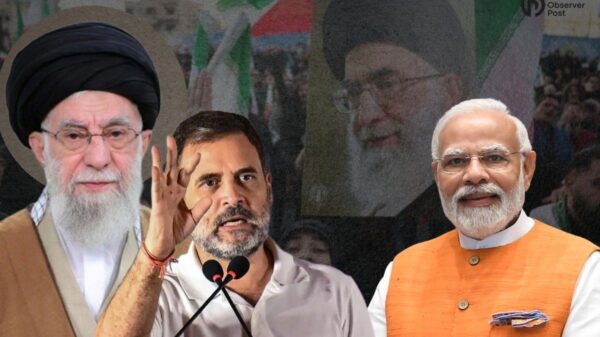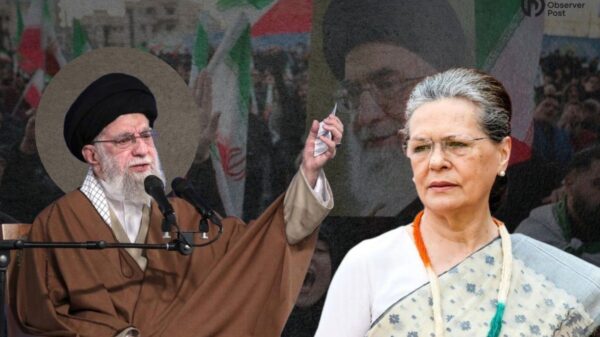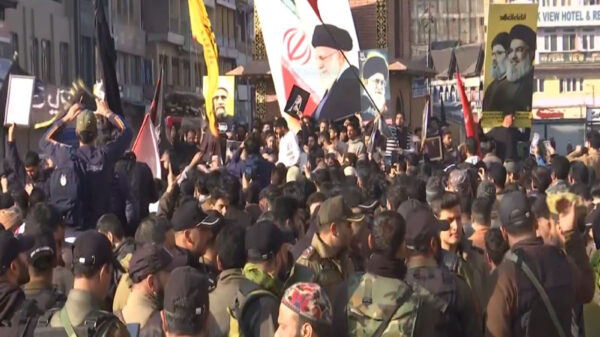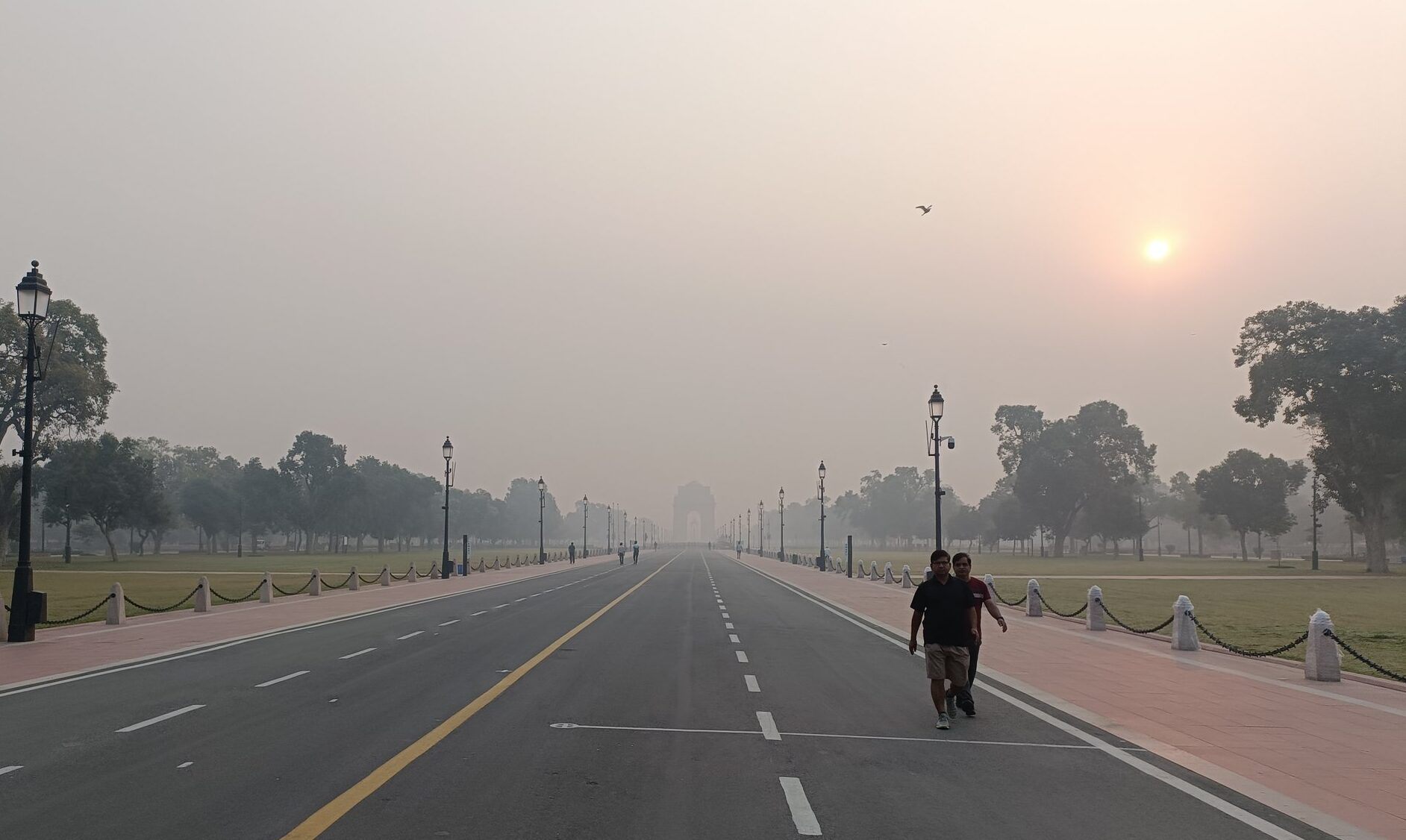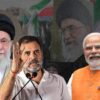Delhi grapples with a toxic haze for the sixth day in a row as pollution levels soar to the severe plus category, largely due to unfavourable wind conditions, particularly calm nights. On Sunday, the Air Quality Index (AQI) escalated from 415 on Saturday afternoon to a staggering 460 on Sunday morning.
Under the Central Government’s air pollution control plan, emergency measures, including a ban on polluting trucks, commercial four-wheelers, and construction activities, are mandated when the AQI crosses the 450-mark in the National Capital Region (NCR).
The concentration of PM2.5, fine particulate matter that can penetrate deep into the respiratory system and cause health issues, exceeded the government-prescribed safe limit of 60 micrograms per cubic meter by seven to eight times in multiple locations across Delhi-NCR, reaching levels 80 to 100 times higher than the WHO’s recommended limit of 5 micrograms per cubic meter.
Several factors have contributed to the deteriorating air quality, including a gradual drop in temperatures, calm winds that trap pollution, and an increase in post-harvest paddy straw burning in Punjab and Haryana. Data from the Central Pollution Control Board reveals that Delhi’s AQI increased by over 200 points between October 27 and November 3, pushing it into the ‘severe plus’ category.
Neighbouring areas are also affected, with hazardous air quality reported in Ghaziabad (410), Gurugram (441), Noida (436), Greater Noida (467), and Faridabad (461).
While Delhi’s air quality crisis worsens, a study aimed at identifying pollution sources and implementing mitigation measures was recently halted by orders from Delhi Pollution Control Committee Chairman Ashwani Kumar. A large smog tower installed at Connaught Place two years ago to combat air pollution was unilaterally ordered to cease operations by Delhi Environment Minister Gopal Rai.
Delhi’s air quality is among the worst in the world’s capital cities, with air pollution estimated to reduce life expectancy by nearly 12 years, according to a report by the Energy Policy Institute at the University of Chicago.
The hazardous pollution levels have forced many residents to forgo morning walks, sports, and other outdoor activities, with parents growing increasingly concerned as health experts warn that children, who breathe faster, are particularly vulnerable to pollutant intake.
The situation is exacerbated by unfavourable meteorological conditions and a combination of emissions from vehicles, paddy straw burning, firecrackers, and other local sources of pollution, leading to hazardous air quality levels in Delhi-NCR during the winter months. Peak pollution is expected to occur from November 1 to November 15, coinciding with an increase in stubble-burning incidents in Punjab and Haryana.
Smoke from stubble burning, which accounted for 24.5 per cent of PM2.5 pollution in Delhi on Saturday, is anticipated to further decline as better meteorological conditions and curbs on certain polluting activities, including non-essential construction work, are imposed starting Thursday, according to officials at the Commission for Air Quality Management. The commission had earlier deferred the implementation of stricter measures under the Graded Response Action Plan, citing a declining trend in the AQI in the region.






